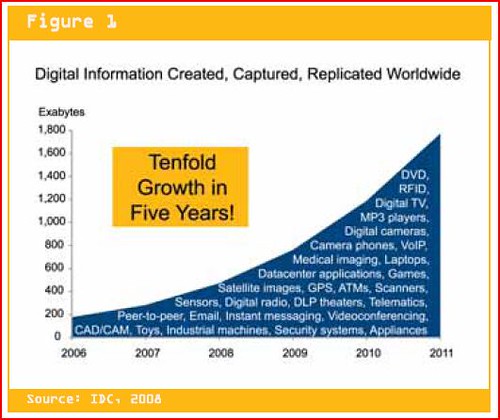H.R. 2341, the Stop Trading on Congressional Knowledge Act, would prohibit securities and commodities trading based on nonpublic information relating to Congress, and it would require additional reporting by Members and employees of Congress on their securities transaction.
The motivations behind it are utterly pure. It’s would be unfair for Members of Congress and staff to use inside knowledge of Congress for pecuniary gain.
But how a law like this would be effectively enforced is beyond me. A bar on congressional-insider trading would most likely cause one of the following results:
- It would be honored in the breach;
- It would lead to endless (perhaps politically motivated) investigations of our representatives and their staffs; or
- It would force many or most congressional employees to withdraw from investing as a prophylactic against 2.
None of these would be easy and fair, and compliance would deprive congressional staff of normal sources of income and of participation in investment that keeps their experience and thinking in line with other Americans. The law would not provide investors comfort.
The better solution is to lower the amount and value of congressional-insider information. How? Sunlight. Stuff like I do with WashingtonWatch.com, like Jerry does with OpenRegulations.org, and plenty of others do with similar projects.


 The Technology Liberation Front is the tech policy blog dedicated to keeping politicians' hands off the 'net and everything else related to technology.
The Technology Liberation Front is the tech policy blog dedicated to keeping politicians' hands off the 'net and everything else related to technology.